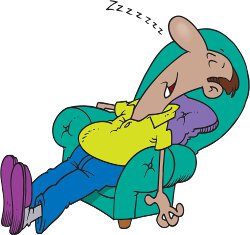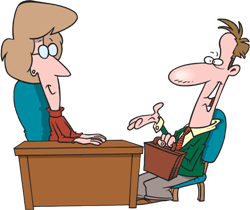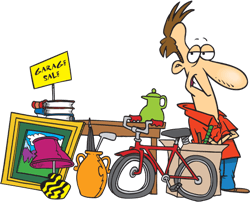Intentions and
Arrangements
in the Future
There are many different ways to talk about the future in English. We use different verb tenses depending on what we want to say about the future.
In this lesson, we will learn how to talk about intentions and arrangements in the future.
Click Here for Step-by-Step Rules, Stories and Exercises to Practice All English Tenses
Intentions
An intention
is something that we would like to do in the future. These are general
plans for the future.When we are talking about an intention, we have not taken specific, concrete steps to achieve the action. We are just talking about something that we hope to do in the future.
When we want to talk about our intentions in the future, we must use the future with going to.
This is the most correct way to talk about general plans for the future.
Example:
Correct: Someday, I'm going to learn how to dance!
Incorrect: Someday, I will learn how to dance!
We don't generally use the simple future with will to talk about intentions. The best way to talk about intentions is with the future with going to.
Review the rules on how to form the future with going to here before reviewing the examples below.
More examples:
- Bill
is so tired! He is
going to take a nice, long vacation this year.
(Bill doesn't have any specific plan for a vacation. He just knows he needs one!)

- I'm
going to learn to swim and dive so I won't feel scared
anymore!
(He doesn't know when or how he will learn, but he would like to.)

- Ron says he is
going to start eating healthy someday.
(He has no specific diet plan or a date to change the way he eats.)

- I know smoking is bad for me. I'm going to quit
sometime this year.
(He doesn't know when he will quit, but he wants to.)

- He is
going to be just like his father when he grows up.
(He would like to be just like his father when he is a grown man.)

Arrangements
An arrangement
is a specific plan that we have for the future. We have taken real
steps to be sure we achieve this plan.For example, we have called to reserve a table at a restaurant or we have bought a plane ticket.
When we are talking about arrangements, we use the present progressive.
Correct: I'm seeing my doctor tomorrow afternoon at 3 o'clock. I made the appointment last week.
Incorrect: I will see my doctor tomorrow afternoon at 3 o'clock. I made the appointment last week.
Because we have made an appointment with the doctor, this is an arrangement. We must use the present progressive to talk about arrangements, not the simple future with will.
Review the rules and formation of the present progressive here before reading the examples below.
More examples:
- Christina is meeting
Melanie for coffee this afternoon. They reserved a table at their
favorite café.
(They made specific plans and reserved the table ahead of time.)

- Denny is
starting a new job on Monday. He just had his final
interview. He's excited!
(Denny has made all the arrangements at the office and signed a contract.)

- Brad is
having a garage sale this weekend. He's put out signs and
organized everything he wants to sell.
(He has advertised for the garage sale. It is set for this weekend.)

- Maggie and Ginger are going
to the vet this afternoon at 6 o'clock. It's time for Ginger's annual
check-up!
(They already have an appointment with the vet.)

- Fred and Joe are traveling
to Las Vegas in July. They have their tickets and are very happy about
their trip!
(They have already bought tickets and made reservations for a specific date.)

The difference between an intention and an arrangement is the amount of planning we have done.
If we only have a general idea of something we would like to do in the future, it is an intention. In this case, we must use the future with going to.
If we have specific plans, reservations, or an appointment, we are talking about an arrangement. In this case, we must use the present progressive.
Try making some examples of your own to help you remember how to use these tenses to talk about your own intentions and arrangements in the future.
Get Updates, Special Offers, and English Resources
Download your FREE GIFT (the first two chapters of
English Short Stories Book and Workbook)
as soon as you join!

By submitting your email, you consent to receiving updates and newsletters from us and to the sharing of your personal data with third parties for the purposes of sending you communications. We will not spam you. You can unsubscribe at any time. For more information, please see our privacy policy.





